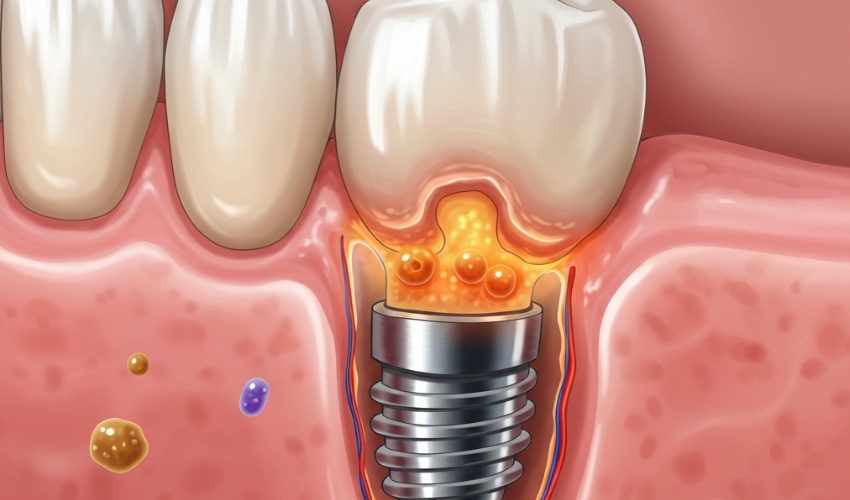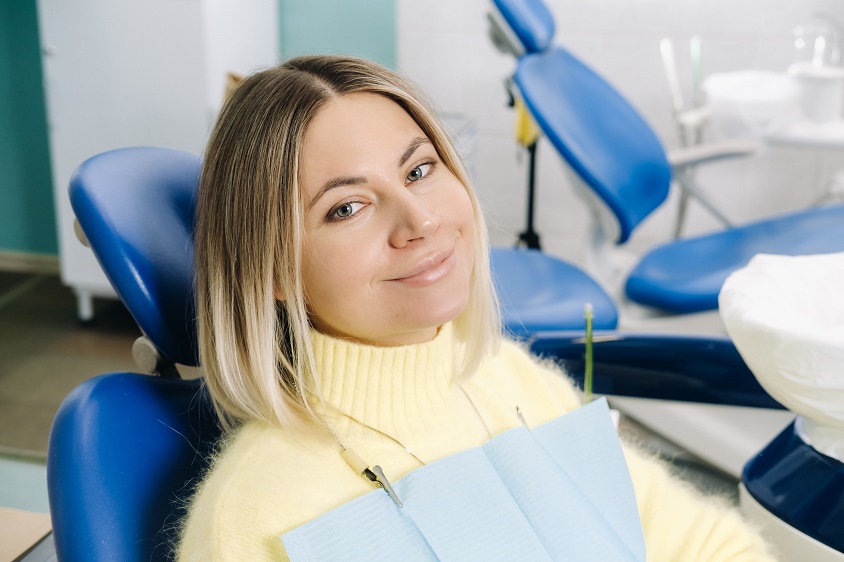
Dental implants provide a permanent, natural-appearing solution to missing teeth. However, as with any surgery, some risks are involved, particularly infection. The good news is that you can avoid infection and easily recover with proper care. Here’s all you need to know about preventing infection after dental implants.
Understand the Risk of Infection
Infections from dental implants are uncommon but severe. They typically occur at the implant site. Signs include swelling, discomfort, redness, and pus in the area. Thus, you must adhere strictly to aftercare advice and maintain excellent oral hygiene. This can prevent complications from arising.
Obey All Post-Surgery Directions
Above all else, always observe your dentist or oral surgeon’s advice to the letter. They understand your unique circumstance and have your best interests in mind. Usually, they will give thorough care instructions, such as how to clean the area and when to take medicine. You are required to read and adhere to them carefully.
Take the Prescribed Antibiotics
Your dentist might prescribe antibiotics to treat or prevent infection. Take each dose precisely as directed. Even when symptoms improve, never miss a dose or stop taking early. Infections can come back if you do not take the entire course. If you notice side effects, call your provider right away.
Practice Good Oral Hygiene
You will still need to keep your mouth clean after surgery. Brush the other teeth gently with a soft-bristled brush. Stay away from the implant site for a few days. Rinse with warm saltwater solution a few times a day, 24 hours after getting dental implants in New Port Richey. This keeps your mouth clean and minimizes bacteria. Avoid commercial mouthwashes unless instructed by your dentist to use a specific one.
Avoid Touching the Implant Site
You might be curious about the area of the implant, but keep your fingers and tongue away. Touching introduces bacteria and slows down the healing process. Also, avoid poking the area with objects or flossing close to it until your dentist gives permission.
Eat a Soft Diet and Stay Hydrated
Following surgery, eat soft, non-acidic, and non-spicy foods. Chew on the other side of your mouth. Crunchy or sticky foods can irritate or infect the area. Also, drink plenty of water to remain hydrated. Do not drink alcohol and smoke, both of which slow healing and enhance infection risk.
Rest and Avoid Physical Strain
Avoid strenuous activity for the first 48 hours. Resting will help your body heal and battle bacteria. Also, rest your head higher than your body. This minimizes swelling and allows for improved blood flow around the dental implants.
Be Aware of Warning Signs
You should be aware of the early signs of infection. Call your dentist right away if you experience:
- Severe pain that increases
- Redness, heat, or swelling
- Bleeding or pus at the implant area
- Fever or chills
- Bad taste or odor in your mouth
Catching an infection early leads to quicker, simpler treatment.
Keep All Follow-Up Appointments
After your dental implants are placed, you’ll need several follow-up visits. Your dentist will monitor healing, adjust care, and clean the area professionally. Never skip these appointments. Regular checkups ensure everything stays on track and infection-free.
Avoid Smoking at All Costs
Smoking significantly raises the risk of infection and failure of the implant. It constricts blood flow and compromises your immune system. If you are a smoker, discuss quitting or taking a break during recovery with your dentist. Even a brief hiatus enhances healing results.
Protect Your Smile After Dental Implants
Preventing infection following dental implants is up to what you do at home. With caution, you can heal uneventfully and have long-term success. Always obey your dentist’s advice, practice good hygiene, and break high-risk habits. What you do directly impacts your success. Your dental implants will remain strong, healthy, and infection-free with good care.
One of the most critical steps in preventing infection after dental implant surgery is ensuring your gums are healthy before the procedure. Gum disease can compromise the success of your implants and increase the risk of post-operative complications. If you’re unsure whether gum disease may affect your candidacy for implants, read our article on whether you can get dental implants with gum disease. Understanding this connection can help you take the proper precautions and work closely with your dentist to create a treatment plan that supports long-term implant success.

